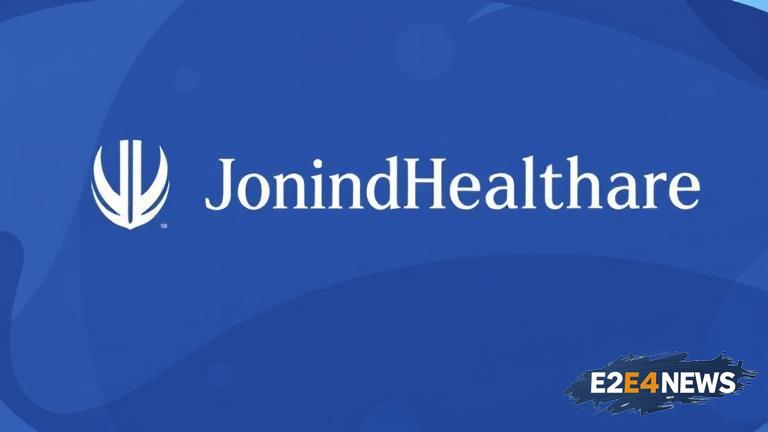In a shocking move, UnitedHealthcare has announced that it will no longer include Johns Hopkins as part of its provider network, leaving thousands of Marylanders without access to one of the state’s most renowned healthcare systems. The decision, which took effect immediately, has sent shockwaves throughout the medical community and left many patients scrambling to find new providers. Johns Hopkins, consistently ranked as one of the top hospitals in the country, has been a staple of the UnitedHealthcare network for years, providing top-notch care to patients across the state. The sudden loss of this partnership has raised concerns about the impact on patient care and the overall quality of healthcare in Maryland. UnitedHealthcare has cited rising costs and a desire to ‘optimize’ its network as the reason for the decision, but many are questioning the true motives behind the move. The news has been met with widespread criticism from patients, providers, and lawmakers, who argue that the decision will disproportionately affect vulnerable populations, including low-income families and those with chronic conditions. As a result, many Marylanders are being forced to seek care from out-of-network providers, which can result in higher out-of-pocket costs and reduced access to specialized care. The loss of Johns Hopkins from the UnitedHealthcare network is particularly devastating for patients who rely on the hospital’s renowned specialty care services, including its cancer center and children’s hospital. In response to the decision, Johns Hopkins has announced that it will continue to provide care to patients with UnitedHealthcare, but at an out-of-network rate, which can be significantly higher than in-network rates. The hospital has also pledged to work with patients to help them navigate the transition and find alternative providers. Meanwhile, UnitedHealthcare has stated that it will provide support to patients who are affected by the change, including helping them find new providers and covering out-of-network costs in emergency situations. However, many are skeptical about the adequacy of these measures, given the complexity of the healthcare system and the potential for disruptions in care. The dispute between UnitedHealthcare and Johns Hopkins is not an isolated incident, but rather part of a larger trend of insurance companies seeking to reduce costs by narrowing their provider networks. This approach has been criticized for prioritizing profits over patient care and for exacerbating existing healthcare disparities. As the situation continues to unfold, lawmakers and regulators are calling for greater transparency and accountability from insurance companies, including UnitedHealthcare. In the meantime, patients and providers are bracing for the impact of this decision, which is likely to be felt for months to come. The loss of Johns Hopkins from the UnitedHealthcare network serves as a stark reminder of the fragility of the healthcare system and the need for greater stability and predictability in the delivery of care. As one patient noted, ‘This decision is not just about numbers and costs; it’s about people’s lives and the care they receive.’ The situation has sparked a wider debate about the role of insurance companies in shaping the healthcare landscape and the need for greater oversight and regulation. Ultimately, the fate of thousands of Marylanders hangs in the balance, as they struggle to navigate a healthcare system that seems increasingly stacked against them. The decision by UnitedHealthcare to drop Johns Hopkins from its provider network is a wake-up call for patients, providers, and policymakers, highlighting the need for a more patient-centered approach to healthcare and a commitment to preserving access to high-quality care.
